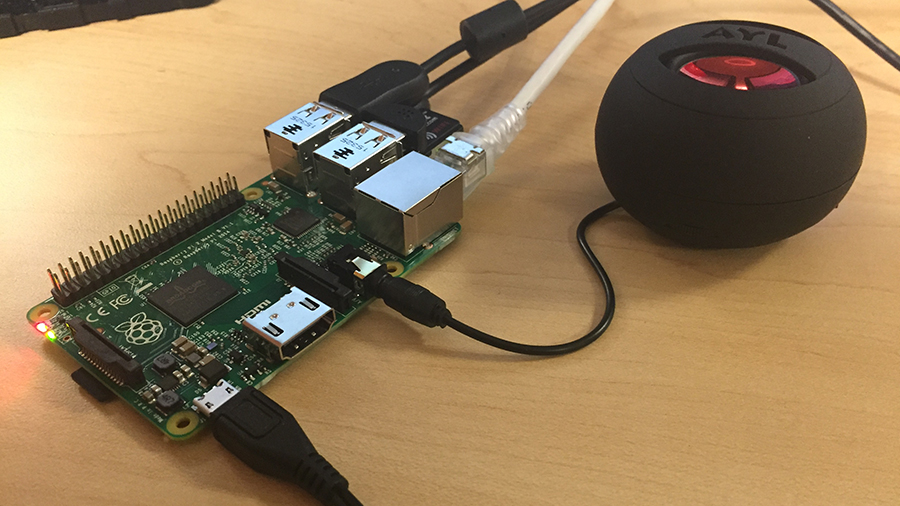Amazon explains how to build your own Echo with a Raspberry Pi
DIY computing enthusiasts take note

The Raspberry Pi is a wonderfully versatile and inexpensive little bit of computing kit, and one that's capable of being transformed into all kinds of gadgets if you know how - and apparently that list of gizmos includes the Amazon Echo.
Alexa Voice Service Evangelist Amit Jotwani has posted a step-by-step guide on GitHub for the benefit of anyone keen to tap into the powers of the voice-controlled digital assistant. Jotwani's job is to help developers get Alexa into third-party products, so he certainly seems well-qualified for the role.
You do need a little coding knowledge and some familiarity with the Raspberry Pi but it's a project that many people will want to tackle - and of course you then get yourself an Amazon Echo clone at the fraction of the price.
Echo friendly
It might be particularly attractive to computer tinkerers outside the United States, as the Echo has yet to go on sale anywhere else up to this point. The downside to the homemade rig is that it's not always listening: you need to press a physical button to get the device to pay attention.
The Echo is clearly a major part of Amazon's plans for future world domination: it keeps adding new capabilities to the Alexa assistant app built into it, and two new Echo devices are launching in the United States this month.
The plain-looking bits of hardware can now do everything from play your music on Spotify to order you an Uber, and there's obviously much more to come from the service. In the meantime, if you want to hack together your own version, you know where to start.
- Read up on some more Raspberry Pi projects you might want to try
Via The Verge
Sign up for breaking news, reviews, opinion, top tech deals, and more.

Dave is a freelance tech journalist who has been writing about gadgets, apps and the web for more than two decades. Based out of Stockport, England, on TechRadar you'll find him covering news, features and reviews, particularly for phones, tablets and wearables. Working to ensure our breaking news coverage is the best in the business over weekends, David also has bylines at Gizmodo, T3, PopSci and a few other places besides, as well as being many years editing the likes of PC Explorer and The Hardware Handbook.